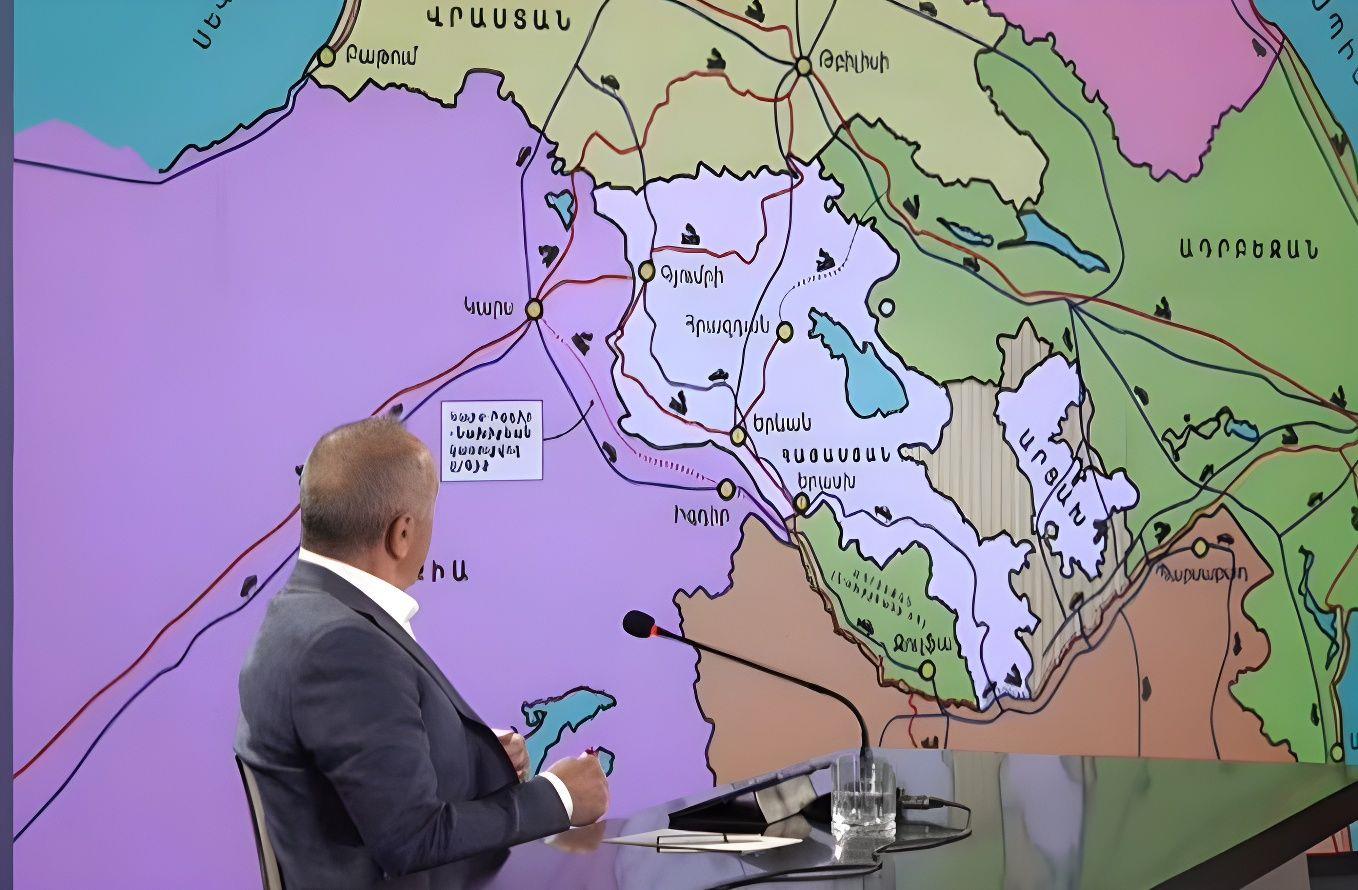
Kocharyan Resurfaces To Reignite Armenia's Political Fault Lines
Once hailed by his loyalists as the“king” of the occupied Azerbaijani lands, Robert Kocharyan has resurfaced on Armenia's political stage, still clinging to his delusions of grandeur and bitterness toward the realities of peace. During his rule, he strutted across the occupied territories as though they were his personal fiefdom. At the so-called OSCE meetings, he often attempted to dominate the room with condescending facial expressions - as if the fate of a nation depended on his gestures rather than on genuine diplomacy. Those were the days when the OSCE's inefficiency had turned it into a political swamp, where empty rhetoric replaced real negotiation.
Kocharyan's political persona was built on deceit, the illusion of eternal occupation, the glorification of aggression, and the suppression of truth. Yet, as the saying goes,“a fool knows not the worth of gold.” He never understood the value of peace, cooperation, or long-term vision. He could not foresee that one day his own people would become the victims of the same lies he once fed them.
At a recent press conference in Yerevan, Kocharyan made yet another attack on the Washington agreements, signed on August 8 to solidify peace between Azerbaijan and Armenia. His statements were not only provocative but also profoundly cynical.“Armenia gained nothing,” he declared, insisting that the United States secured control over the corridor, Azerbaijan achieved strategic benefits, and Prime Minister Nikol Pashinyan“received only a photo with Trump's signature and a piece of paper with no legal force.”
What also caught my attention was the map he displayed - a parallel universe where Armenia still occupies Garabagh. For Kocharyan and the revanchists, the conflict era is not over yet.
For him, every peace initiative is a loss because it dismantles the system of revanchism and corruption on which his political power once thrived. The same system that turned Armenia into a hostage of its own myths and left it economically paralyzed for decades.
Kocharyan's dismissive tone toward regional connectivity projects - particularly the Zangazur corridor - once again underscores his inability to grasp modern geopolitics. He claimed that Zangazur“has zero benefits for Armenia.” But in truth, it is precisely the opposite: Zangazur represents a historic opportunity for Armenia to integrate into transregional trade routes, diversify its economy, and emerge from isolation. By rejecting this, Kocharyan reveals not statesmanship, but the mindset of a man who prefers darkness to light - a politician who built walls rather than bridges.
His words reflect the desperation of a bygone elite struggling to stay relevant. Kocharyan's“Garabagh clan” - a political relic of the 1990s - has long been rejected by Armenian society. Even his attempts to exploit public discontent toward Pashinyan have failed to mobilize significant support. For most Armenians, the memory of Kocharyan's era evokes poverty, censorship, and corruption - not pride or progress.
His mockery of the Washington Declaration and his absurd suggestion to build the“Trump Road” with domestic funds, while claiming to“save state money,” border on self-parody. It is ironic to hear financial advice from a man widely known for misappropriating his own country's wealth and leading it into systemic economic decline.
Moreover, his recent rhetoric exposes his continuing loyalty to Moscow. Kocharyan portrays himself as a guardian of Armenia's sovereignty, yet he openly calls for deeper dependency on Russia, the very power that has turned Armenia into a satellite state. He laments Yerevan's“Western drift” and blames it for Armenia's defeats, claiming that“ignoring Russia's interests” led to the loss of Garabagh. Such statements not only serve Russia's geopolitical narrative but also confirm Kocharyan's role as a political instrument rather than an independent actor.
In this sense, Kocharyan's reappearance is more than just political nostalgia - it is a warning sign. His words reveal that the revanchist current in Armenian politics, though weakened, is not extinguished. It continues to feed on resentment, denial, and the illusion of lost glory. His attack on peace efforts reflects a deeper truth: some in Armenia still cannot accept the new regional order, in which Azerbaijan stands as a decisive power, shaping the South Caucasus together with Türkiye and influencing the region's connection to Europe and Asia.
Ultimately, Kocharyan's narrative is not about Armenia's future - it is about his own failure. A failure to lead, to adapt, and to understand that the age of occupation and isolation is over. The region is moving toward cooperation, trade, and connectivity. Armenia has the chance to be part of this progress - but only if it frees itself from the grip of men like Kocharyan, who mistake nostalgia for leadership and cynicism for wisdom. He also announced that his team intends to participate in the upcoming parliamentary elections, signalling that he plans to use every available lever of influence - including leaning on Russia, which is not surprising, since last week there were reports of him secretly visiting Moscow and holding meetings. Apparently, Kocharyan returned on August 8 with orders to act against the Washington agreements.
As time passes, Kocharyan's arrogance seems increasingly misplaced. His every speech echoes the same tragic irony: the man who once fancied himself a king now stands alone, a fool who never understood the worth of peace - nor the true value of gold.
Legal Disclaimer:
MENAFN provides the
information “as is” without warranty of any kind. We do not accept
any responsibility or liability for the accuracy, content, images,
videos, licenses, completeness, legality, or reliability of the information
contained in this article. If you have any complaints or copyright
issues related to this article, kindly contact the provider above.


















Comments
No comment